At the 15th Edition of Apollo CV Awards 2024, Kevin Kelly, Director at MarketsandMarkets Research Pvt. Ltd. put the spotlight on new CV business models on the horizon. Ashish Bhatia shares the holistic approach for the industry’s consideration.
The 15th edition of the Apollo CV Awards in 2024 not only celebrated the excellence of the Commercial Vehicle (CV) industry but also provided a platform for insightful discussions on the future of CVs. One of the highlights of the event was the keynote address delivered by Kevin Kelly, Director at MarketsandMarkets Research Pvt. Ltd. With a distinguished career spanning roles in strategy and business growth consultancy within the automotive sector, Kelly’s insights resonated deeply with industry professionals. His address shed light on the transformative shifts underway in the CV landscape, urging stakeholders to embrace innovative business models and adapt to emerging trends.
Kevin Kelly’s address commenced with gratitude for the warm reception and an acknowledgement of the unique experience of being in India for the first time. He underscored the significance of looking ahead, emphasising that while the event celebrated past achievements, it was imperative to focus on the evolving landscape of CVs. Kelly embarked on a journey to explore the shifting dynamics within the CV industry, from a product-centric approach to one centred around solutions and services.
The rise of service-based business models: A paradigm shift
Central to Kelly’s discourse was the transformation occurring within the CV sector, characterised by a transition from product-based offerings to comprehensive solutions and services. Illustrating this shift, Kelly highlighted the emergence of the “future of depots,” where electrification, sustainability, and advanced technologies converge to redefine traditional notions of vehicle usage. The emphasis now extends beyond the vehicle itself to encompass charging infrastructure, energy storage, and digital fleet solutions.
Electrification: A game-changer in the CV market
Delving into the realm of electrification, Kelly offered compelling insights into the projected growth of the electric commercial vehicle (EV) market globally. With forecasts indicating a substantial increase in EV adoption, particularly in regions like India and China, Kelly emphasised the need for industry players to adapt their business models accordingly. He underscored India’s unique position, where diverse market segments and charging capabilities present opportunities for innovation and market expansion.
While this presents immense opportunities for reducing emissions and enhancing sustainability, it also poses significant challenges for manufacturers, fleet operators, and infrastructure providers. Adapting to the electrified future requires substantial investments in research and development, manufacturing capabilities, and charging infrastructure. Moreover, stakeholders must navigate regulatory complexities and consumer preferences to drive widespread adoption of electric CVs.
Hydrogen: The next frontier in mobility
While electrification takes centre stage, Kelly also sheds light on the burgeoning potential of hydrogen as a viable alternative in the mobility landscape. Despite current cost barriers and infrastructure limitations, Kelly envisioned a future where hydrogen-powered vehicles would play a significant role, particularly in specialised applications such as ports and airports. He emphasised the importance of leveraging India’s strengths in technology and industry convergence to drive innovation in hydrogen-enabled solutions.
Kelly’s address shed light on the potential of hydrogen as a game-changing technology in the mobility sector. Hydrogen offers several advantages, including fast refuelling, long-range capabilities, and zero emissions. However, the widespread adoption of hydrogen-powered CVs hinges on overcoming technical, economic, and infra-structural barriers. Industry players must collaborate to develop cost-effective hydrogen production methods, expand refuelling infrastructure, and address safety concerns to realise the full potential of hydrogen mobility.
Disruptive technologies
As the address drew to a close, Kelly highlighted the disruptive technologies reshaping the CV industry, from Advanced Driver Assistance Systems (ADAS) to zero-emission platforms. He urged industry stakeholders to embrace innovation and collaborate across sectors to achieve transformative outcomes, emphasising the concept of “innovate to zero.” This holistic approach extends beyond emissions reduction to encompass zero accidents, downtime, congestion, and latency, signalling a paradigm shift in the CV landscape.
Charting a course for future success
In concluding his address, Kelly left attendees with a call to action, urging them to envision a future where commercial vehicles play a pivotal role in driving sustainability, efficiency, and safety. He emphasised the need for agility, adaptability, and a relentless pursuit of innovation to thrive in an evolving landscape. As attendees absorbed Kelly’s insights, the stage was set for a new era of collaboration, innovation, and transformation in the commercial vehicle sector.
Response and Implications
Following Kevin Kelly’s thought-provoking keynote address, industry stakeholders were left pondering the implications of the paradigm shift outlined. As they reflected on the transition from product-centric to service-oriented business models, questions arose about the readiness of companies to embrace change. The traditional CV ecosystem, built around manufacturing and sales, now faces the imperative to pivot towards holistic solutions that encompass charging infrastructure, energy management, and digital fleet optimisation.
Harnessing disruptive technologies for competitive advantage
As the CV industry evolves, the integration of disruptive technologies such as Artificial Intelligence (AI), connectivity, and autonomy becomes increasingly critical. These technologies enable advanced functionality such as predictive maintenance, autonomous driving, and real-time fleet management, enhancing operational efficiency and reducing costs. Companies that leverage these technologies effectively can gain a competitive edge by offering differentiated products and services that meet the evolving needs of customers.
Collaborative Ecosystems for Innovation and Growth
Amidst the disruptive changes reshaping the CV industry, collaboration emerges as a key enabler of innovation and growth. Manufacturers, suppliers, technology providers, and policymakers must collaborate to create an ecosystem that fosters innovation, facilitates knowledge sharing, and accelerates technology adoption. By pooling resources, expertise, and insights, stakeholders can overcome common challenges, accelerate product development, and drive sustainable value creation across the CV value chain.
Embracing change
Kevin Kelly’s keynote address at the 15th Edition of Apollo CV Awards 2024 provided a compelling vision for the future of the commercial vehicle sector. By advocating for a holistic approach centred around innovative business models, electrification, hydrogen mobility, and disruptive technologies, Kelly challenged industry stakeholders to embrace change and seize opportunities for growth and sustainability. As the CV industry navigates a period of unprecedented transformation, collaboration, innovation, and strategic foresight will be essential to charting a course for future success. ACI


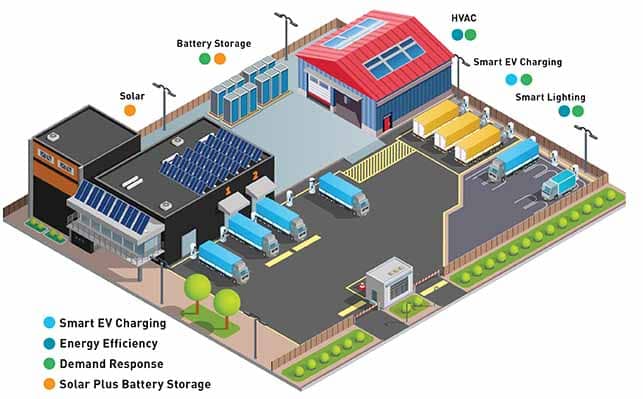

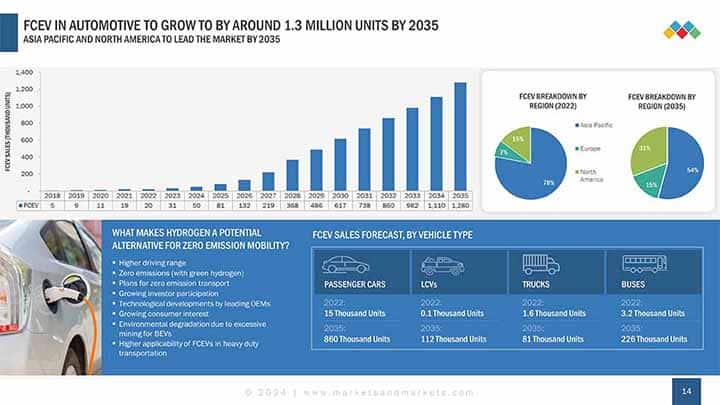
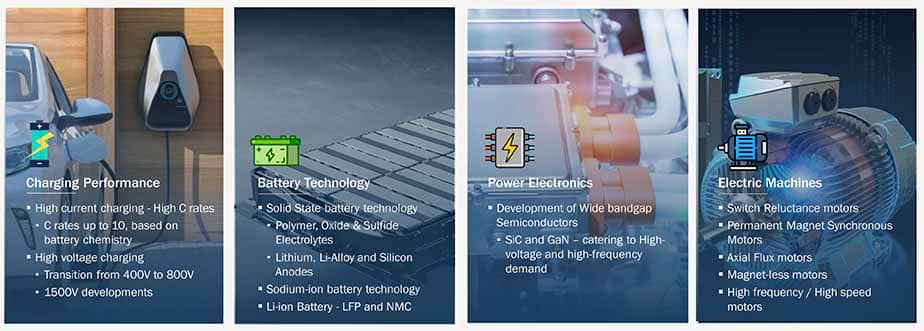




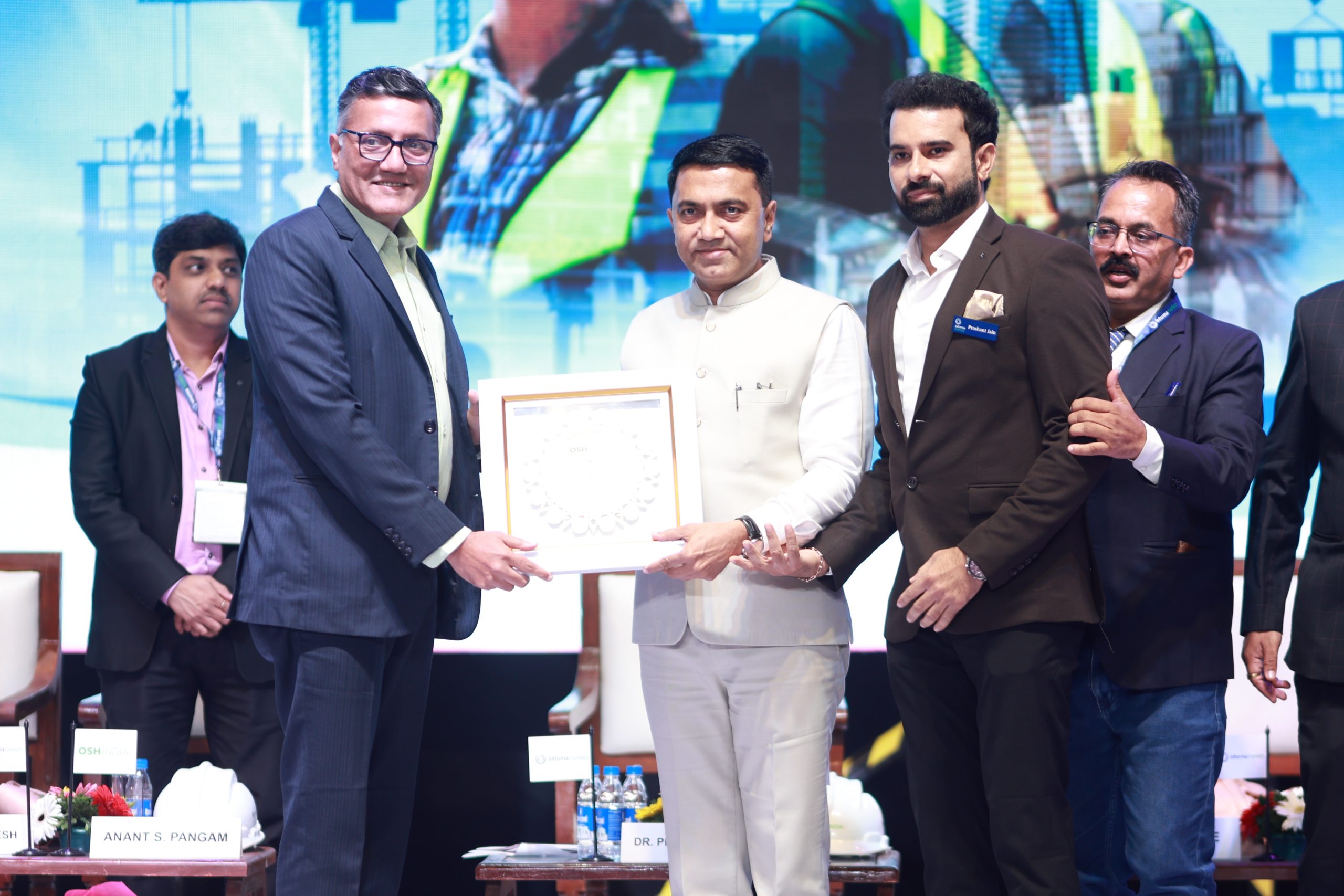
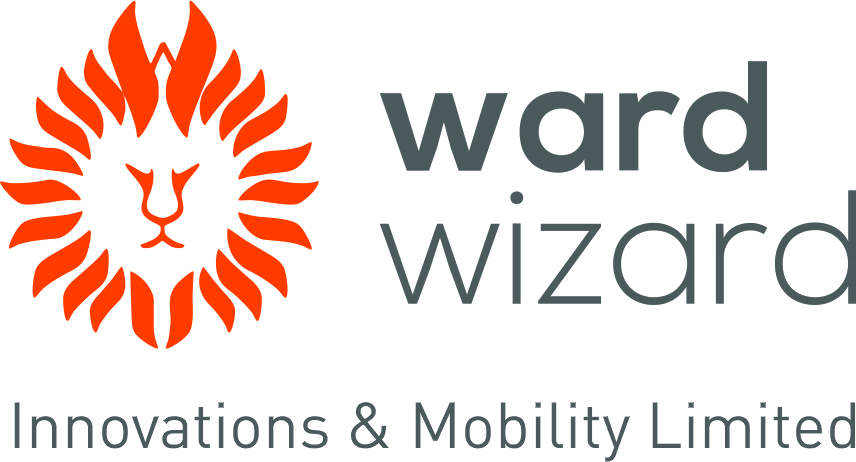

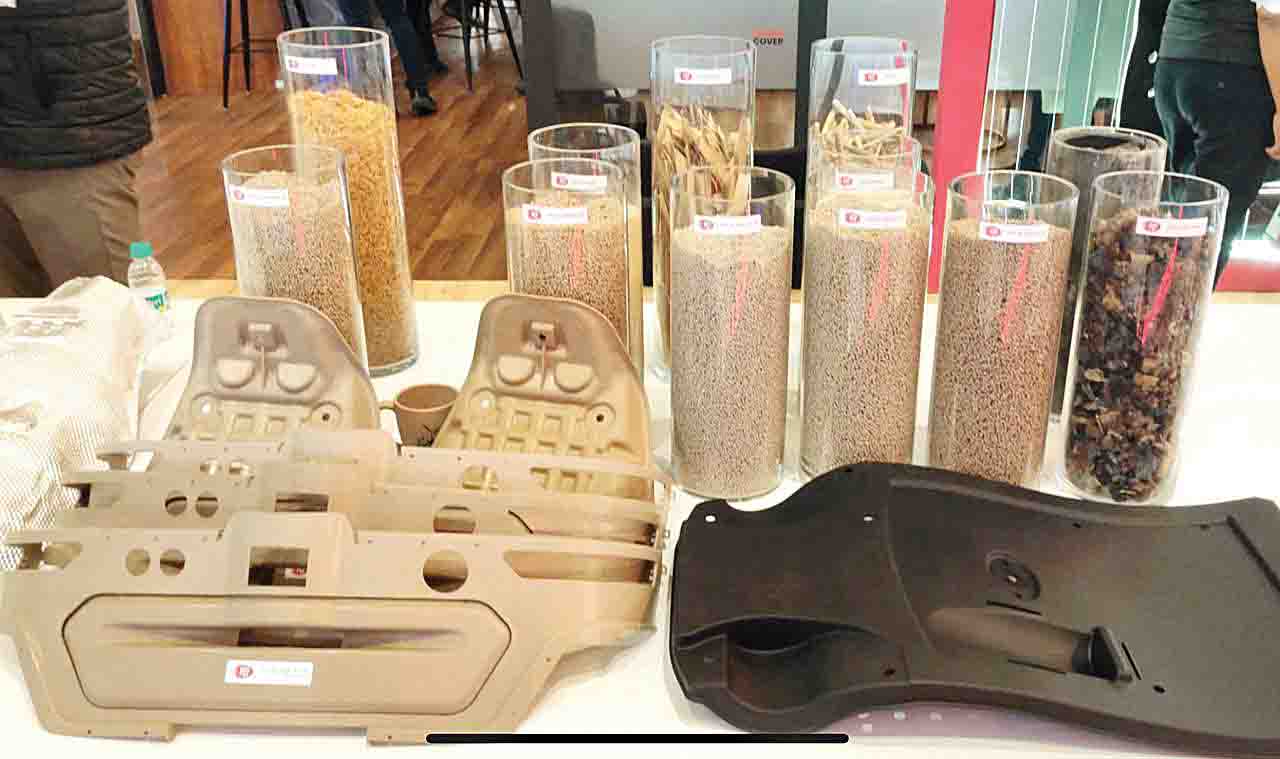





Leave a Reply